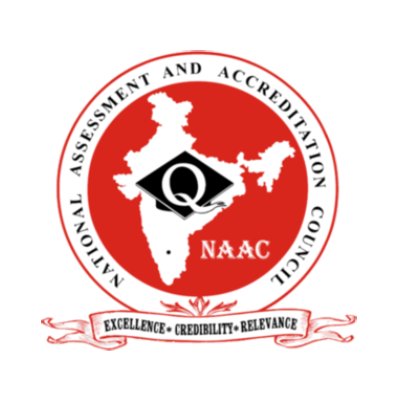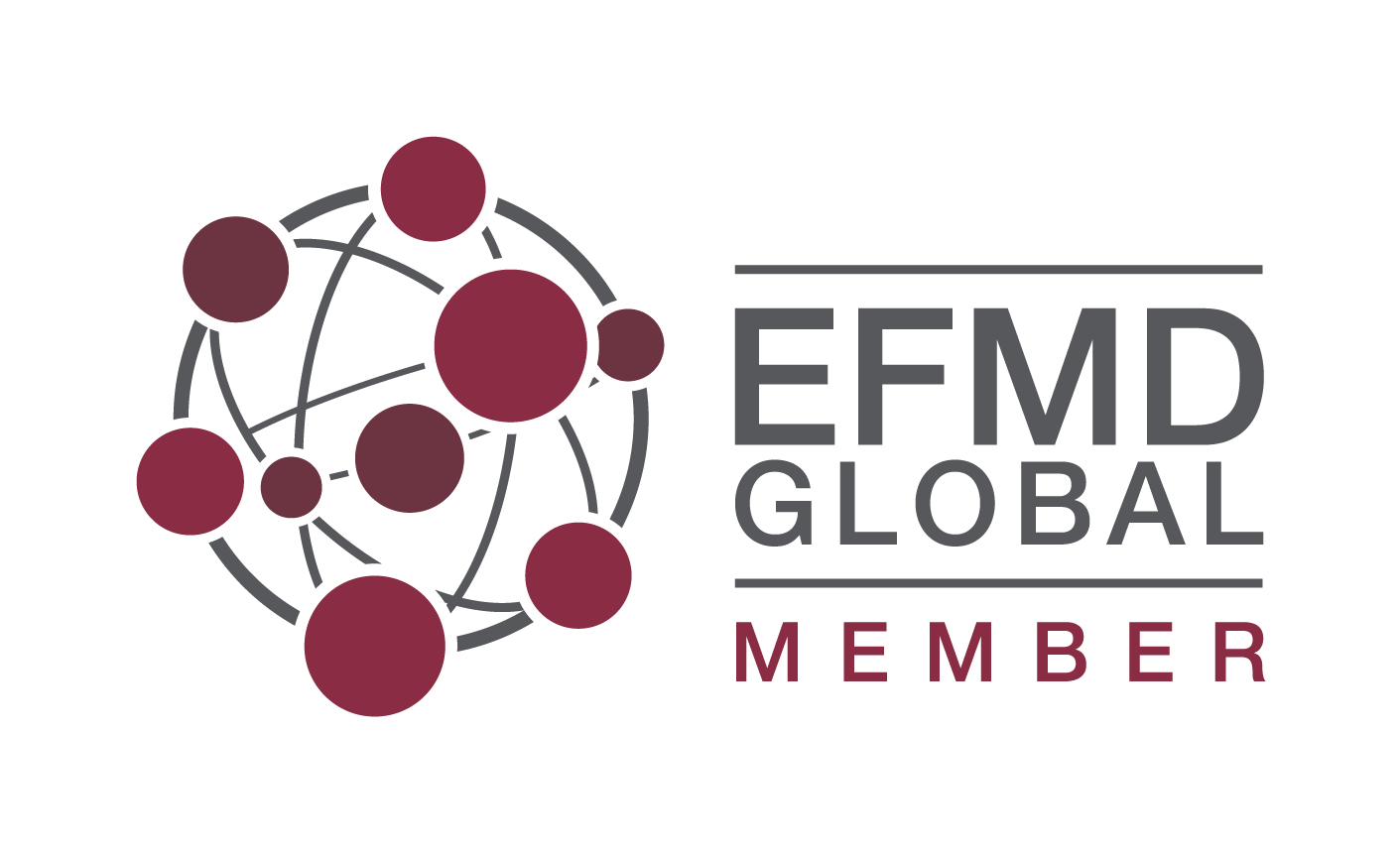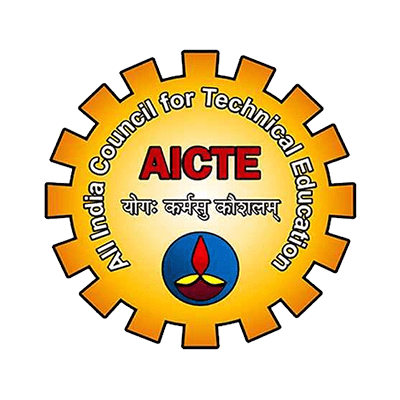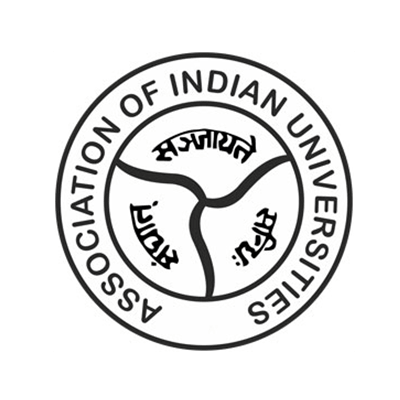EBSB
“Ek Bharat Shreshtha Bharat is a celebration of India’s unity in diversity. It is a journey of mutual learning and understanding.”
– PM Narendra Modi
Welcome to IMI Kolkata’s Ek Bharat Shreshtha Bharat Cell!
Celebrating India’s Unity in Diversity
Ek Bharat Shreshtha Bharat (EBSB)- Suggested contentiously by the Prime Minister Narendra Modi on Rashtriya Ekta Divas on October 31, 2015, EBSB celebrated cultural diversity by observing interaction and reciprocity among states/UTs.
Background and Need
India’s special fabric, interwoven by different linguistic, cultural, and religious threads, is bonded together by a rich history of cultural development and a freedom movement based on non-violence and justice. India’s key strength lies on mutual understanding and trust among the citizens and this helps to culturally integrate and promote diversity throughout the country.
How EBSB Has Been Integrated
Paired states/UTs sign MoUs and develop activity calendars for systematic mutual interaction. This interaction among different states and culture creates understanding, appreciation, and mutual bonding that ensures an enriched value system of unity in the country
Objectives
- Celebrate the main theme “Unity in Diversity” of our Nation and fortify the fabric of traditionally existing emotional ties between the citizens of our nation.
- Foster the spirit of national integration through intense and systematic interaction among all Indian States and Union Territories.
- Highlight the rich heritage, culture, customs, and traditions of different states and union territories of India and appreciate its diversity.
Key Themes for Engagement
- Cultural Exchange: Celebrate India’s diverse cuisine, music, dance, theatre, movies, handicrafts, sports, literature, festivals, painting, sculpture, and more.
- National Integration: Encourage awareness of the integral seamless hull of the Modern Indian State and its geopolitical power.
- Mutual Understanding: Highlight the increasing interconnectedness between various cultures and traditions, vital for nation-building.
- Responsibility & Ownership: Foster a sense of responsibility and ownership for the nation through close cross-cultural interactions.
- Learning Ecosystem: Create a learning ecosystem between partnering states to benefit from each other’s best practices.
Functions of the EBSB Cell
- Plan EBSB Activities: Promote national integration and cultural exchange programs with the paired state.
- Exhibit Talents: Provide a platform for students and faculty to showcase their talents.
- Cultural Interaction: Facilitate interactions between students of IMI Kolkata and the paired college to exchange ideas and understand each other’s culture, heritage, and language.
- Leadership Development: Inculcate leadership qualities among students.
- Preserve Cultural Heritage: Promote a dynamic cultural heritage that is preserved, used, and developed.
Come and join the vibrant cultural exchanges and be a part of the journey towards a united and culturally enriched India. Together, let’s celebrate Ek Bharat Shreshtha Bharat at IMI Kolkata!
IMI – K’s Got Talent
- Activity Name: IMI-K’s Got Talent 2025
- Activity Category: Cultural Exchange
- City: Kolkata
- District: Kolkata
- Venue: Dr. R.P. Goenka Auditorium, IMI Kolkata
- Description: The EBSB Cell of IMI Kolkata is hosting “IMI-K’s Got Talent 2025”, a spectacular talent show celebrating the “Rich Heritage and Diverse Beauty of Indian Culture”. The event will serve as a platform for students to showcase their diverse skills in music, dance, drama, and more, creating a tribute to the incredible cultural tapestry of India. The evening promises awe-inspiring performances and soulful expressions, with an ethnic dress code to celebrate the vibrant colours of the nation.
- Date: 26-06-2025


Indian Knowledge System Launch (IKS)
- Activity Name: Inaugural Programme: Indian Knowledge Systems Applied to Management
- Activity Category: Academic Exchange
- City: Kolkata
- District: Kolkata
- Venue: Dr. R. P. Goenka Auditorium, IMI Kolkata
- Description: IMI Kolkata hosted the inaugural programme for its new course, “Indian Knowledge Systems Applied to Management,” aligning with the Ministry of Education and AICTE’s vision. The event featured addresses by distinguished dignitaries including Chief Guest Professor Pawan Kumar Singh (Director, IIM Tiruchirappalli) and Guest of Honour Lt. Col. Anant Sinha (Director, The Asiatic Society). The programme aims to integrate India’s intellectual heritage into contemporary business education, analyzing ancient texts to foster ethical frameworks and socially responsible practices in modern management. The inauguration also included cultural performances and the launch of a dedicated IKS Book Section in the library.
- Date: 03-07-2025


Rashtrya Sarvapratham
- Activity Name: Rashtrya Sarvapratham (Nation’s First)
- Activity Category: Cultural Exchange
- City: Kolkata
- District: Kolkata
- Venue: Dr. R.P. Goenka Auditorium, IMI Kolkata
- Description: The EBSB Cell of IMI Kolkata organized “Rashtrya Sarvapratham”, a cultural event dedicated to the spirit of nationalism. The program was designed to instill the value of “Nation First” by showcasing India’s enduring historical culture and profound beauty. Students presented a variety
of performances, including patriotic dance, singing, poetry, and mixed martial arts, all unified under the central theme of national pride and unity. - Date: 30-06-2025


Independence Day
- Activity Name: 79th Independence Day Celebrations
- Activity Category: State/UT Day Celebration
- City: Kolkata
- District: Kolkata
- Venue: Dr. R. P. Goenka Auditorium, IMI Kolkata
- Description: The Ek Bharat Shreshtha Bharat Cell of IMI Kolkata organized a celebration for the 79th Independence Day to honor the nation’s spirit of freedom, unity, and progress. Inspired by Netaji Subhas Chandra Bose’s immortal words, the event featured a series of vibrant patriotic performances and cultural showcases by talented students. It provided an opportunity for the IMI community to come together, reflect on the nation’s journey, and celebrate India’s rich heritage and shared aspirations through a program filled with pride and patriotism.
- Date: 15-08-2025


Faculty Members: –
- Professor Sahana Roy Chowdhury (Chairperson)
- Roma Puri
- Kishalay Adhikari
- Sweta Sinha
- Solanki Sengupta
Student Members: –
- Purnima Agarwal
- Riya Nemo
- Yash Sharma
- Anushree Das
- Sakshi Jaiswal
- Gourab Ghosh
- Shivani Khoiwal
- Mudita Rai
- Sarthak Sahoo
- Harsh Khandelwal
- Kavya
- Nived Sahu
- Raiyan Elahi
- Abhigyan
- Sneha Ghosh
- Gehna Gori
- Sakshi Singh
- Ritvik Swami
- Shrijit Paul
- Kumar Satyam
- Arghyadeep Mitra
- Ananya Saxena
- Madhusmita Tripathy
- Anubhab Boruah
- Nandani Agrawal
- Baisakhi Seth
- Grishika Nitin Agrawal
- Sahilswayamsri Sahoo
- Rahul Gupta
- Shiv Raj
- Vaishnavi Srivastava
- Rahul Kolase
- Souvik Das Dey
- Srujana Yanamandra
- Shristi Kumari
- Ishita Srivastava












